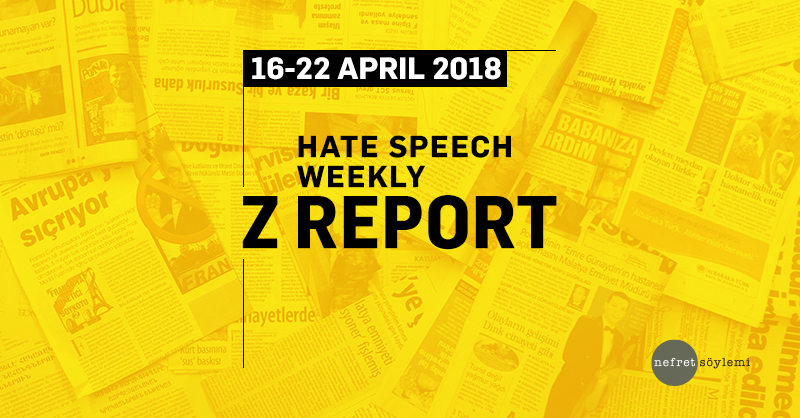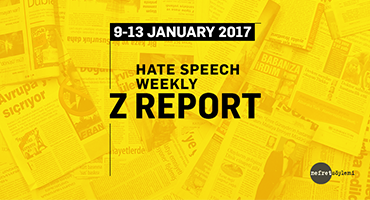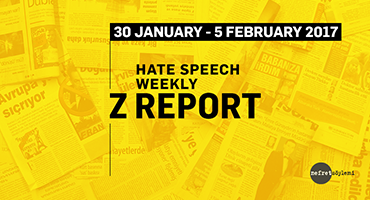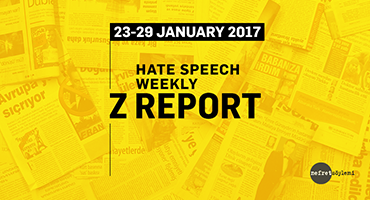Within April 16-22, 2018, three articles that generate hate speech were selected. You can find these articles that contain hate speech against Jews, Armenians and the British as well as the analyses written about them below.1
1.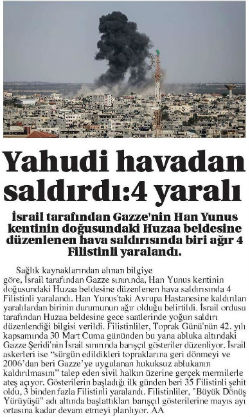
The article published in Yeni Konya with the title “Jews’ air strike: 4 wounded” covers the airstrike carried out Israeli forces in Gaza by accusing Jewish identity. In this way, the newspaper causes the escalation of prejudices and enmity against Jews.
|
2.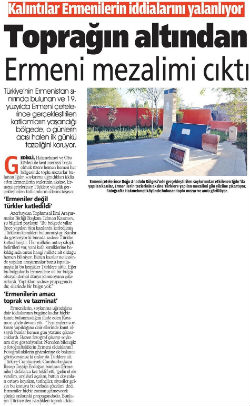
The article published in Milat with the title “Armenian atrocity found in the ground” associates Armenian identity with violence and atrocity both in the title and the statements as the following: “In the region along Turkish-Armenian border where Armenian gangs carried out massacres in 19th century, the pain of those days are still felt” and “Almost everywhere in Iğdır, especially in the villages Gedikli, Hakmehmet, Oba, and the city center, there are mass graves; contrary to the theses of Armenians who claimed that they were subjected to genocide, Iğdır has the traces of massacres carried out by Armenian gangs against Turks.” Thus, the article reinforces prejudices against Armenian identity and labels Armenians as enemy.
|
3.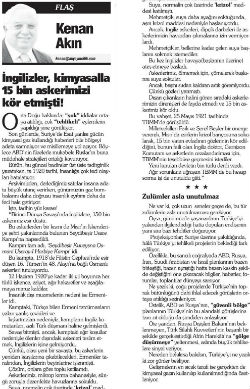
Kenan Akın, in his column title, “The British blinded our 15,000 soldiers with chemicals”, reinforces prejudices against Armenian and British identities and presents Armenians the British as enemies both in the title and the statements as the following: “Armenians was the reason of the inhuman treatment. Because of the incorrect interpretations and provocations of the Armenians in the camp who were speaking Turkish, British commanders of the camps became fierce enemies of Turks” and “Armenians made the British believe that these soldiers might confront them in a new war”.
|
1. Within the scope of the media monitoring work focusing on hate speech, all national newspapers and around 500 local newspapers are monitored based on pre-determined keywords (e.g. Traitor, apostate, refugee, Christian, Jewish, separatist, etc.) via the media monitoring center. While the main focus has been hate speech on the basis of national, ethnic and religious identities; sexist and homophobic discourses are also examined as part of the monitoring work.

